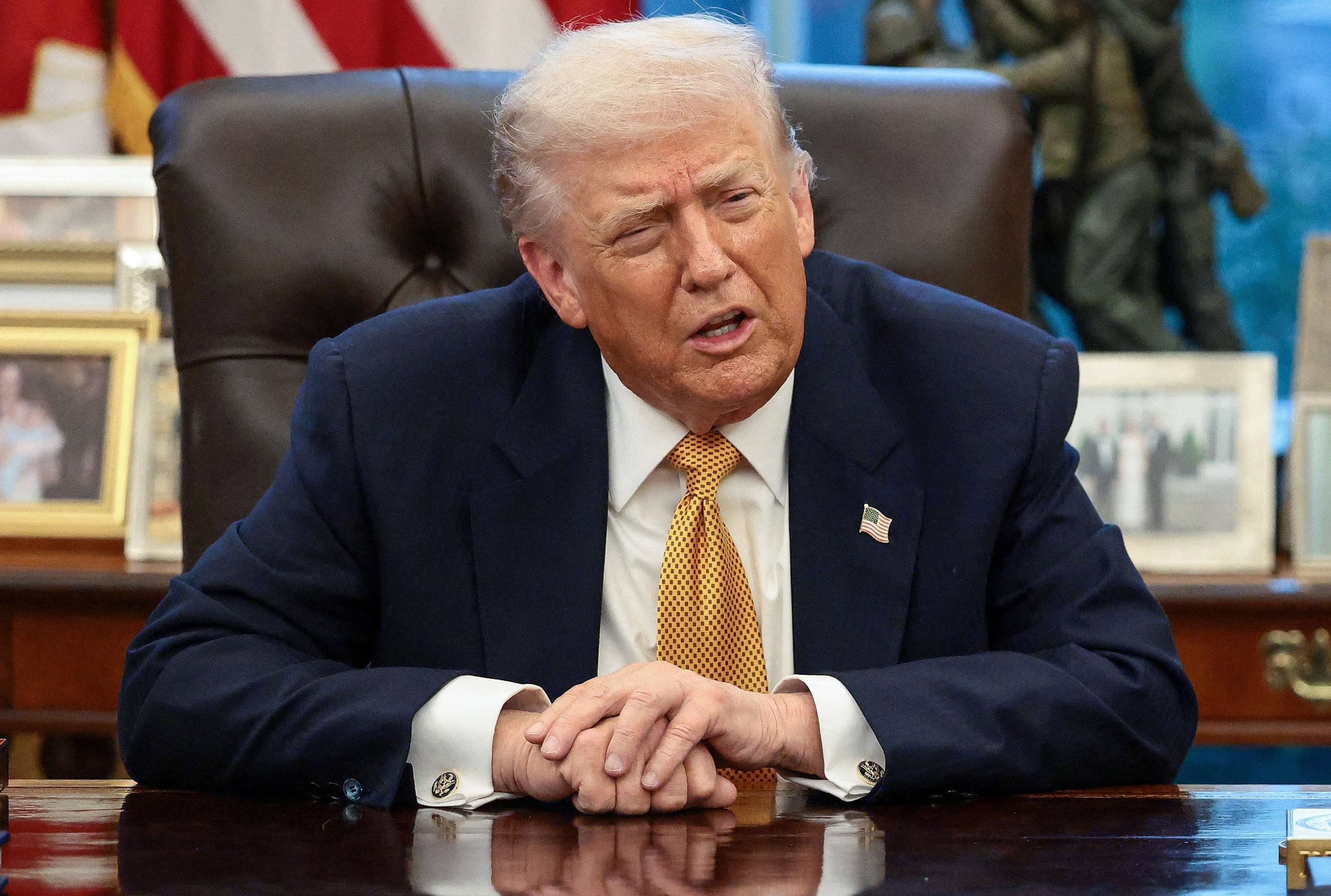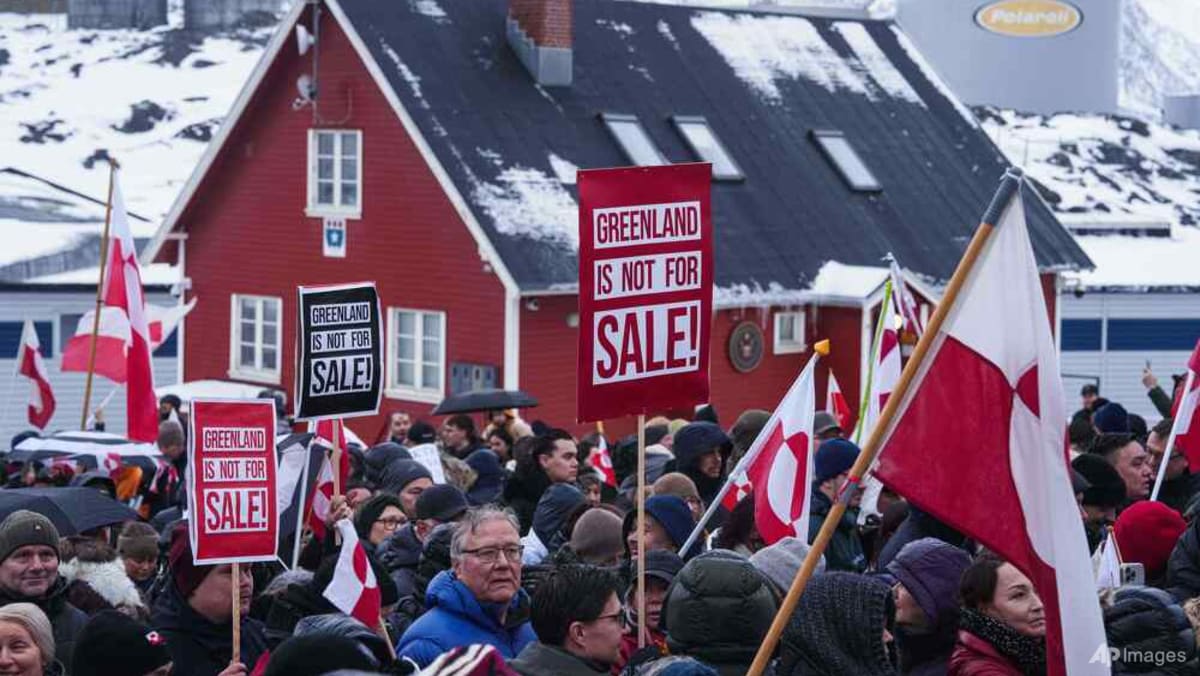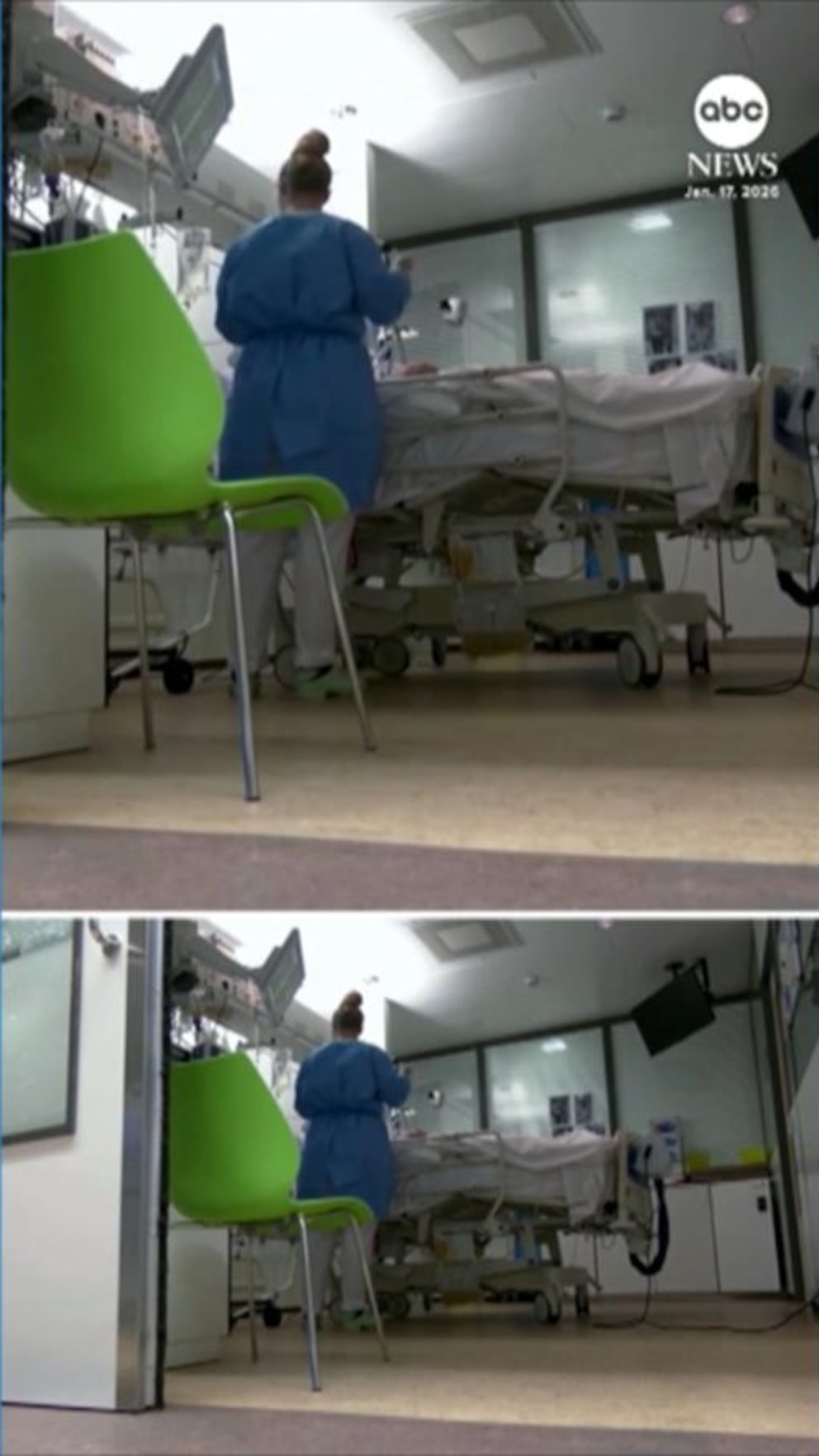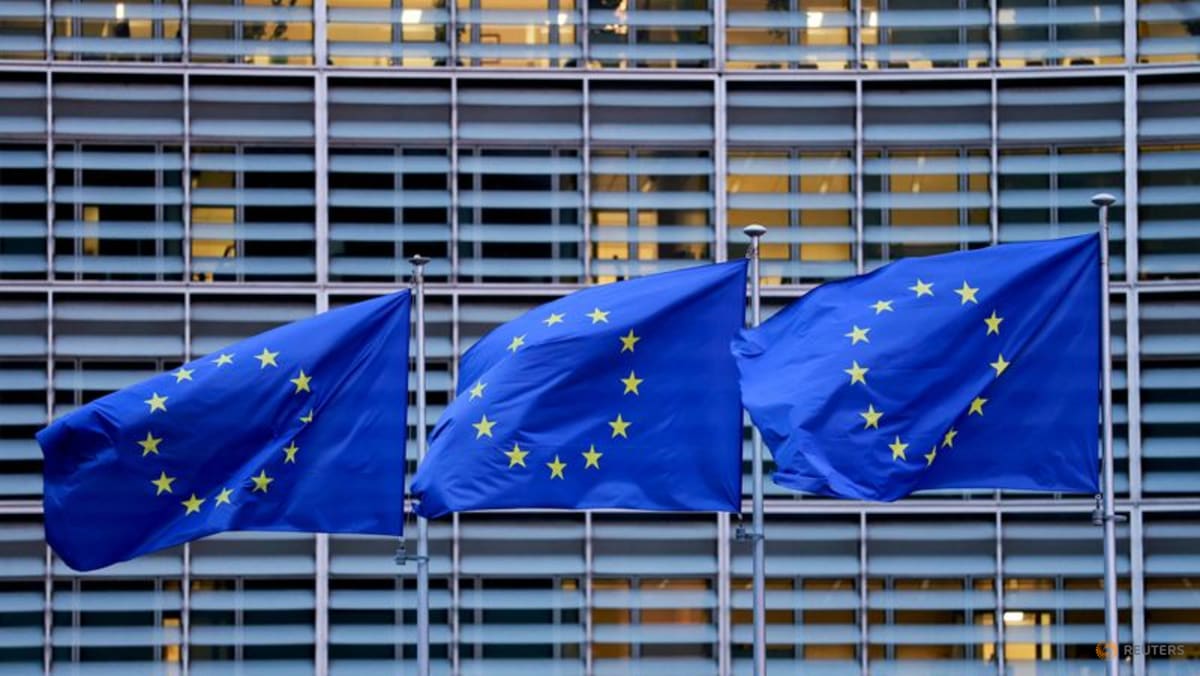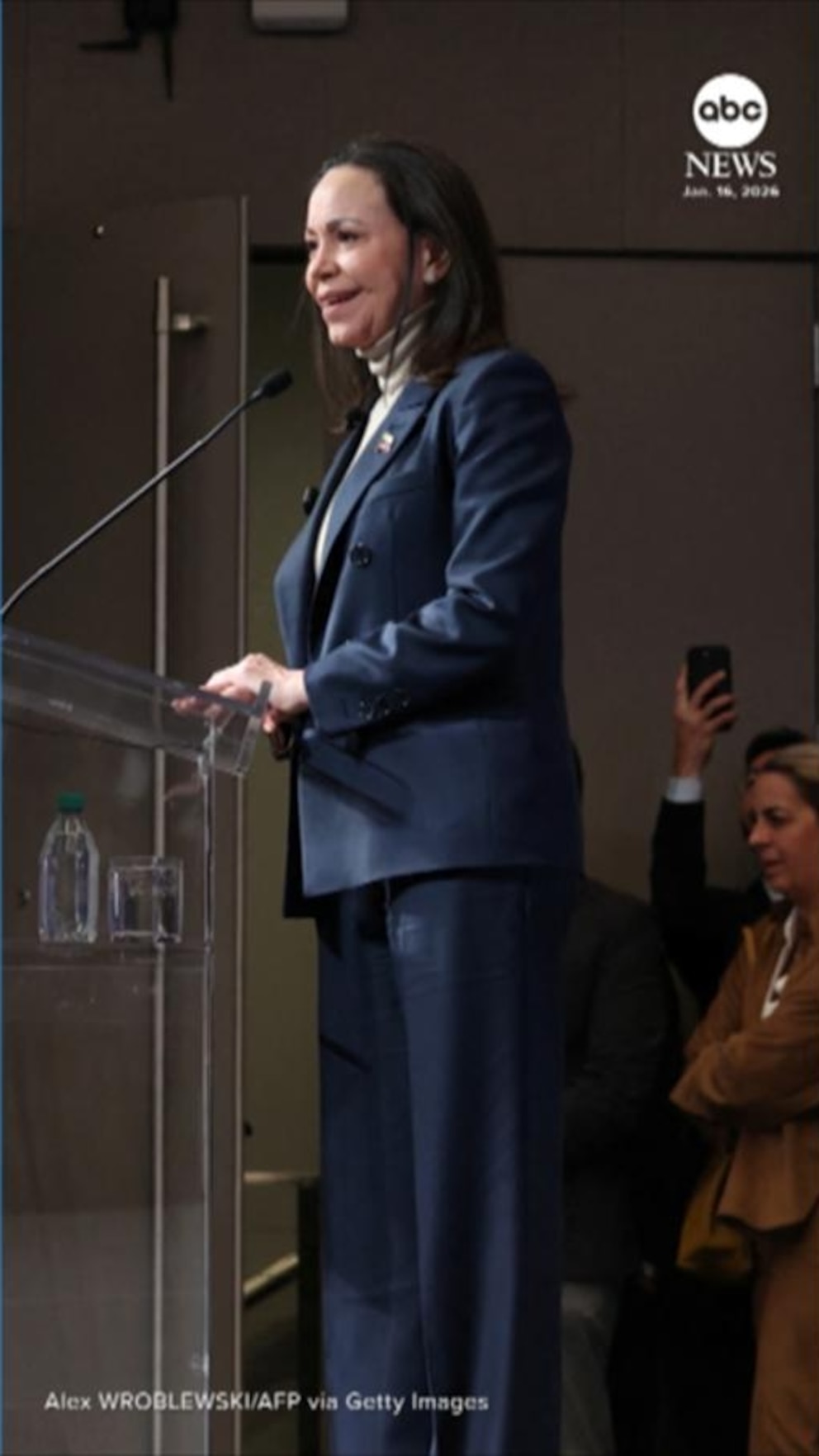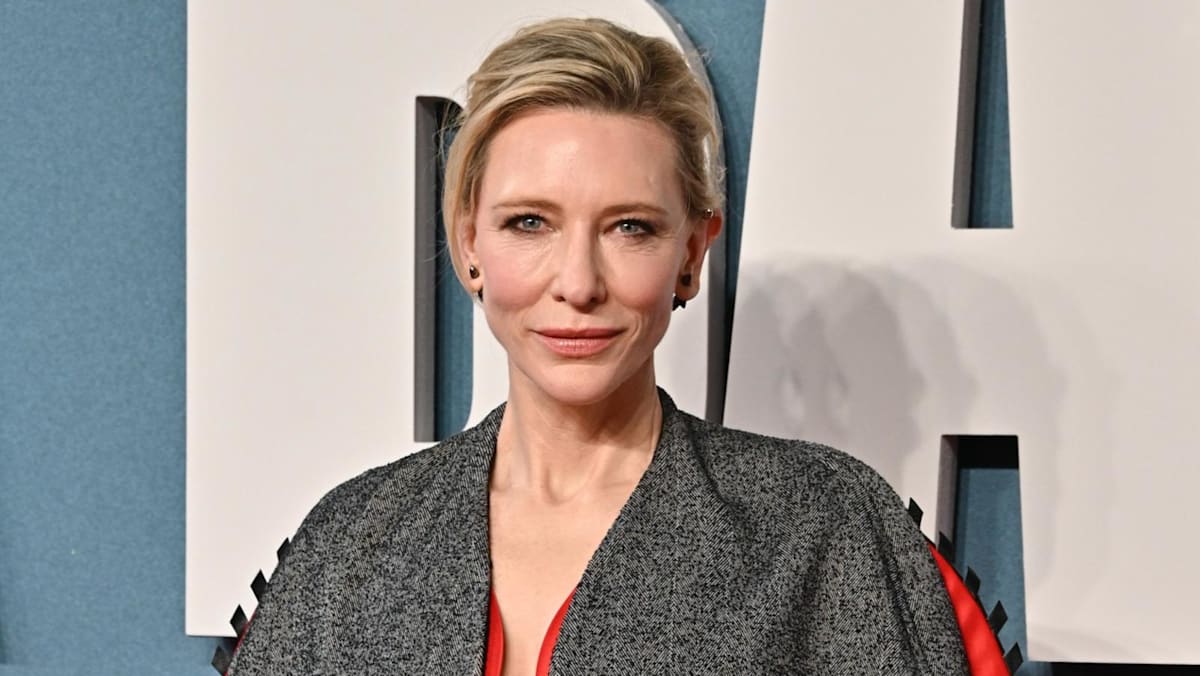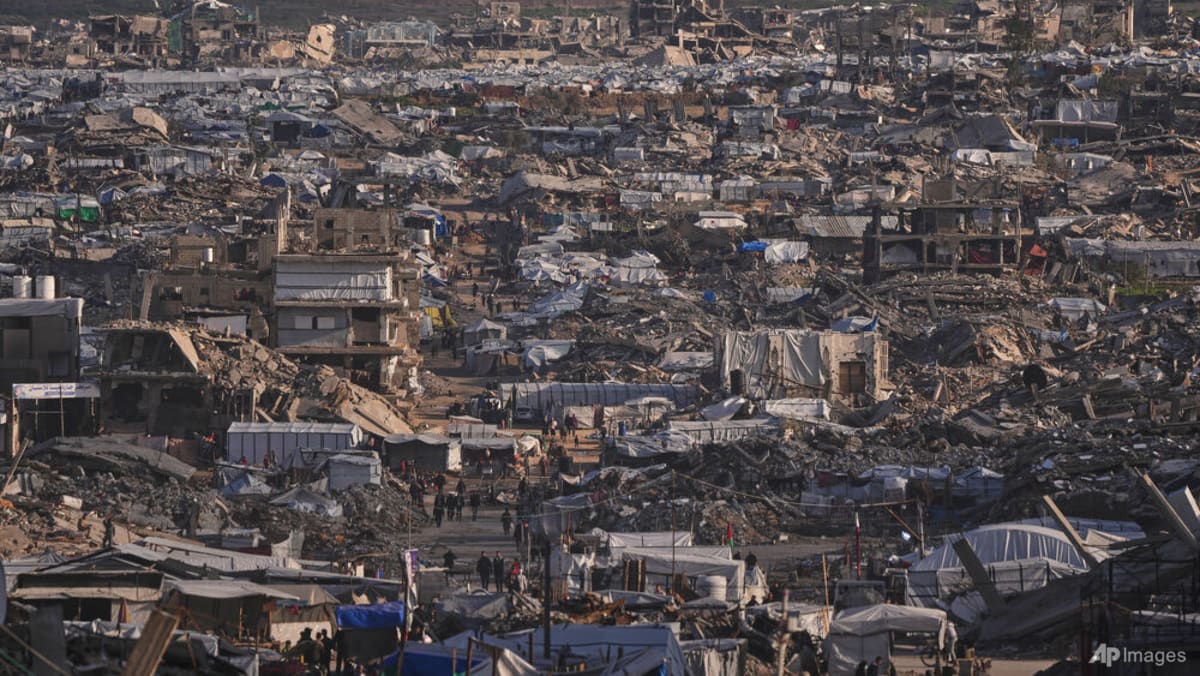Commentary: Does China have the chops to play peacemaker in the Russia-Ukraine conflict?
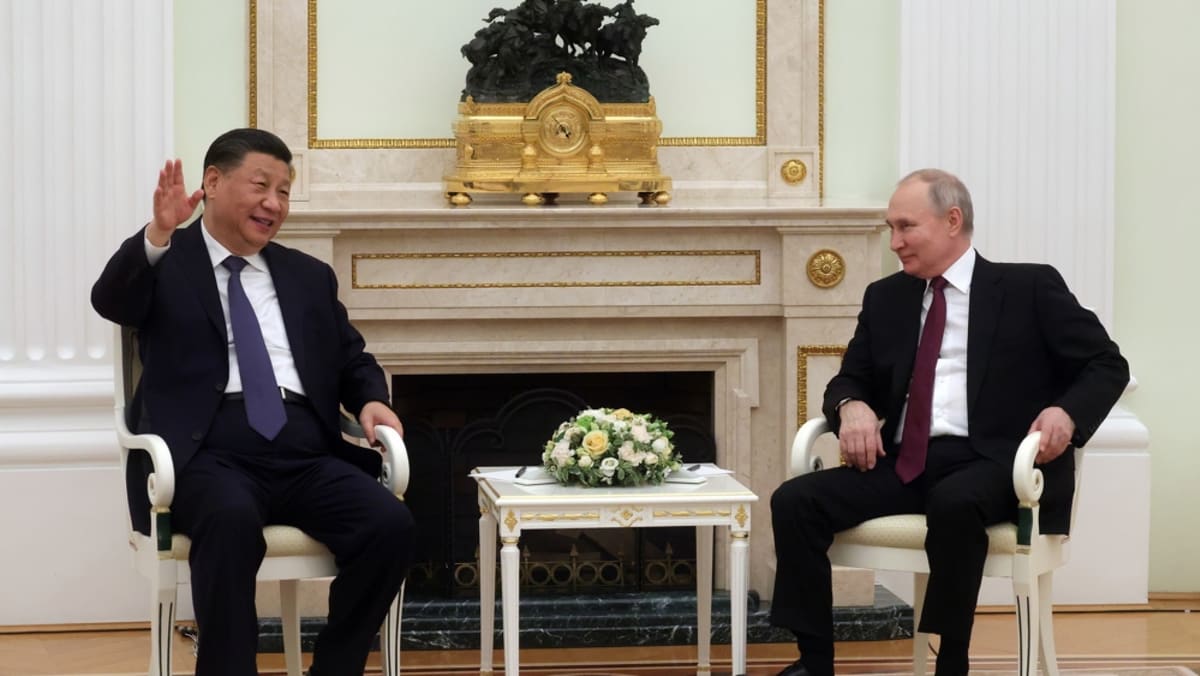
China has maintained an active presence in wider diplomatic endeavours in an effort to legitimise its role as a mediator.
Encouraging endorsements from international figures, such as the leaders of France, Brazil and Spain, aid China’s aspirations to facilitate a ceasefire. China’s special envoy on Eurasian affairs, Li Hui, has been on a diplomatic marathon, engaging with key stakeholders in Ukraine, Poland, France, Germany and Russia.
While these deliberate diplomatic interventions have not yet yielded substantive outcomes, they highlight China’s commitment to resolving the conflict.
But playing a mediator role could be a high-stakes gamble for China. Both Russia and Ukraine hold entrenched positions and the requisite conditions for dialogue – a genuine commitment to negotiation and a ceasefire – are missing. While there’s a certain plausibility to Xi’s assertion that “dialogue and negotiations are the only viable way forward”, it contrasts with the United States’ decision to back its allies in training Ukrainian forces to operate F-16 fighter jets.
The US move to enable the supply of Western jets to Ukraine could intensify the conflict and render Beijing’s mediation efforts futile, casting a shadow over China’s image as a peace broker.
While the culmination of China’s mediation efforts remains uncertain, the success of China’s role in resolving the Russia-Ukraine conflict depends on its diplomatic capabilities and the dynamics of global politics. The international community is keenly observing China’s careful diplomatic manoeuvring amid the escalating tensions.
The tangible impact and effectiveness of China’s mediation will ultimately be evaluated on the basis of its ability to bring about a swift and peaceful resolution to the conflict – a metric that underscores the urgency of solving this international crisis.
Xiaoli Guo is Visiting Fellow at the Australian Centre on China at the World at The Australian National University. This commentary first appeared on East Asia Forum.
Source: CNA



